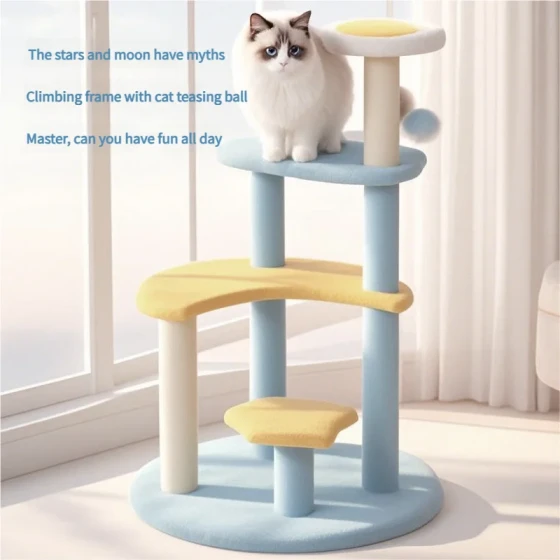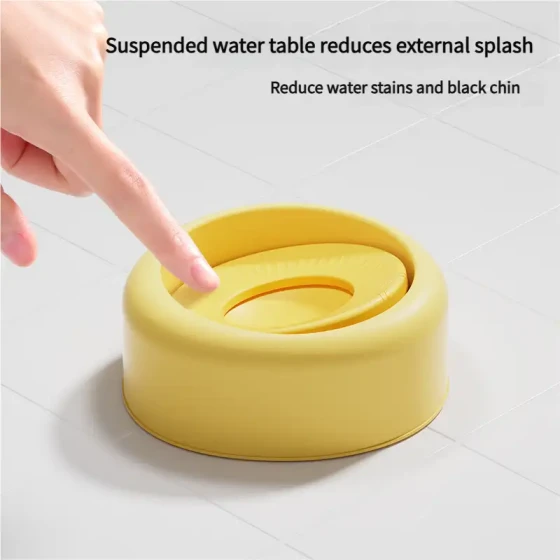What to Do If Cats Are Afraid of Vacuum Cleaners?

Folded Ear Cat
Recently, there have been two very interesting videos online. One shows a cat afraid of the vacuum cleaner at home, scared and hiding in the corner, while the other shows a cat holding the vacuum cleaner's blower, appearing very interested. These two cute videos form a sharp contrast, so what exactly is the cat afraid of about the vacuum cleaner?
1. Why are cats afraid of vacuum cleaners?
Most cats are scared of vacuum cleaners, but only when the vacuum is running. Actually, cats dislike very loud environments, so they tend to be unsettled by household appliances like hair dryers and vacuum cleaners. However, for many pet-owning families, vacuum cleaners are indispensable. No matter how advanced the vacuum cleaner is, it will inevitably produce some noise. This noise makes most cats see it as a terrifying monster, causing them to show fear and anxiety. Mild reactions include ears folding back, wide eyes, and turning the head, while severe cases may cause cats to run around wildly and sometimes knock over household items. Though this is not a major problem, every time the house is cleaned, the cat panics and flees, which is both distressing and upsetting to watch.
2. How to help cats adapt to vacuum cleaners
If you have a dedicated pet playpen, that's even better. Place the cat inside, then operate the vacuum cleaner around it. The distance between the vacuum cleaner and the cat should follow the principle of going from far to near. Start from a distance and, once the cat adjusts, gradually move closer. Also, do not keep the vacuum running for too long at the beginning—turn it on briefly, then off, and repeat. Gradually lengthen the running time, so the cat can slowly get used to it. To give the cat more security, you can place an overturned cardboard box inside the playpen for it to hide in.
After reading the above, many might ask: how many cat owners actually buy playpens?! Don’t worry, it’s fine without a playpen; there are other methods. Find a room with relatively less furniture, close the door, and place the cat inside. Then start vacuuming the floor! Use the same steps: keep the distance from far to near and the time from short to long.
It’s important to note that some owners may assume they can substitute a playpen with a cage. If your cat is not strongly resistant to a cage, this substitution is feasible. However, if your cat is naturally rebellious and feels trapped or agitated inside a cage, it’s advised not to switch, as it will only make the cat more nervous!
3. Helping cats adapt to household sounds
Cats have very sensitive hearing and can detect subtle sounds. Loud noises like vacuum cleaners sound very harsh to them. Helping cats adjust to this noise is not easy. You can stay with the cat in another room while using the vacuum, soothing it, then slowly bring the cat into the room where the vacuum is operating. Do not let the cat be startled by sudden noise; help it feel that the sound is a normal part of the environment. Gradually, the cat will adapt. But no matter when, always give the cat some buffer time before turning the vacuum on. Do not suddenly switch it on in front of the cat to avoid unnecessary fright. (Source:PetsZone)


